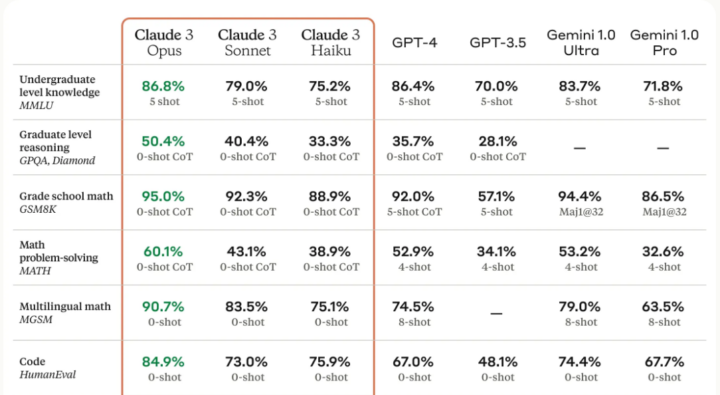https://blog.cloudflare.com/harnessing-office-chaos
This page provides an in-depth look at how Cloudflare harnesses physical chaos to bolster Internet security and explores the potential of public randomness and timelock encryption in applications.
There is the story of Cloudflare’s LavaRand, a system that uses physical entropy sources like lava lamps for Internet security, has grown over four years, diversifying beyond its original single source.
Cloudflare handles millions of HTTP requests secured by TLS, which requires secure randomness.
LavaRand contributes true randomness to Cloudflare’s servers, enhancing the security of cryptographic protocols.
https://radar.cloudflare.com/security-and-attacks
Here’s you can find a very interesting public dashboard provided by CloudFlare showing a lot of stats about current cyber attacks
avelino/awesome-go: A curated list of awesome Go frameworks, libraries and software (github.com)
A curated list of awesome Go frameworks, libraries and software
https://www.anthropic.com/news/claude-3-family

ChatGPT4 has been beaten.
Introducing three new AI models – Haiku, Sonnet, and Opus – with ascending capabilities for various applications1.
Opus and Sonnet are now accessible via claude.ai and the Claude API, with Haiku coming soon.
Opus excels in benchmarks for AI systems.
All models feature improved analysis, forecasting, content creation, code generation, and multilingual conversation abilities.
kubectl trick of the week.
.bahsrc
function k_get_images_digests {
ENV="$1";
APP="$2"
kubectl --context ${ENV}-aks \
-n ${ENV}-security get pod \
-l app.kubernetes.io/instance=${APP} \
-o json| jq -r '.items[].status.containerStatuses[].imageID' |uniq -c
}
alias k-get-images-id=k_get_images_digestsThrough this alias you can get all the image digests of a specific release filtering by its label and then filter for unique values

